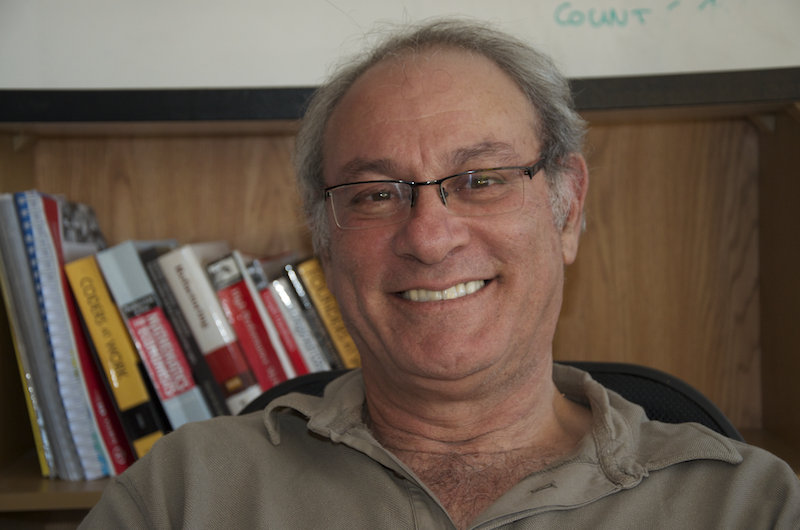As a journalist, it is essential that you build a reputation as a credible source who can be trusted. But your credibility can be easily damaged if you share fake content, even though it is not done intentionally. This hour-long session led by award-winning South African-based journalist Raymond Joseph will introduce you to the basics of fact-checking. You’ll be introduced to a handful of easy-to-use, free tools that will help you sort fact from fiction.
You’ll learn how to set up your PC or laptop for fact-checking so that the tools you need are close at hand and easy to access. Among the things you’ll learn is how to do a reverse image search; use TinEye to check if a photo has been manipulated and to find when it was first published; and how to use a photo’s metadata to find out when and where it was taken.
Thursday, January 13, 2022
9 AM US Eastern, 4:00 PM SAST
Virtual via Zoom
Free

Veteran journalist Raymond Joseph has done extensive fact-checking and journalism training in South Africa, southern Africa and other parts of Africa.
He has trained hundreds of journalists, as well many newsrooms, in fact-checking and verification of online and social media content. Joseph is also a freelance assessor for the Poynter Institute-based International Fact-Checking network, vetting fact-checking organisations that apply for membership of the network.
Joseph has produced a series of fact-checking guides for Africa Check, Africa’s longest established fact-checking outfit, and for the Global Investigative Journalism Network (GIJN).
He also trains general news, beat and investigative journalists on how to use social media as a journalism tool to deepen their research and reporting.